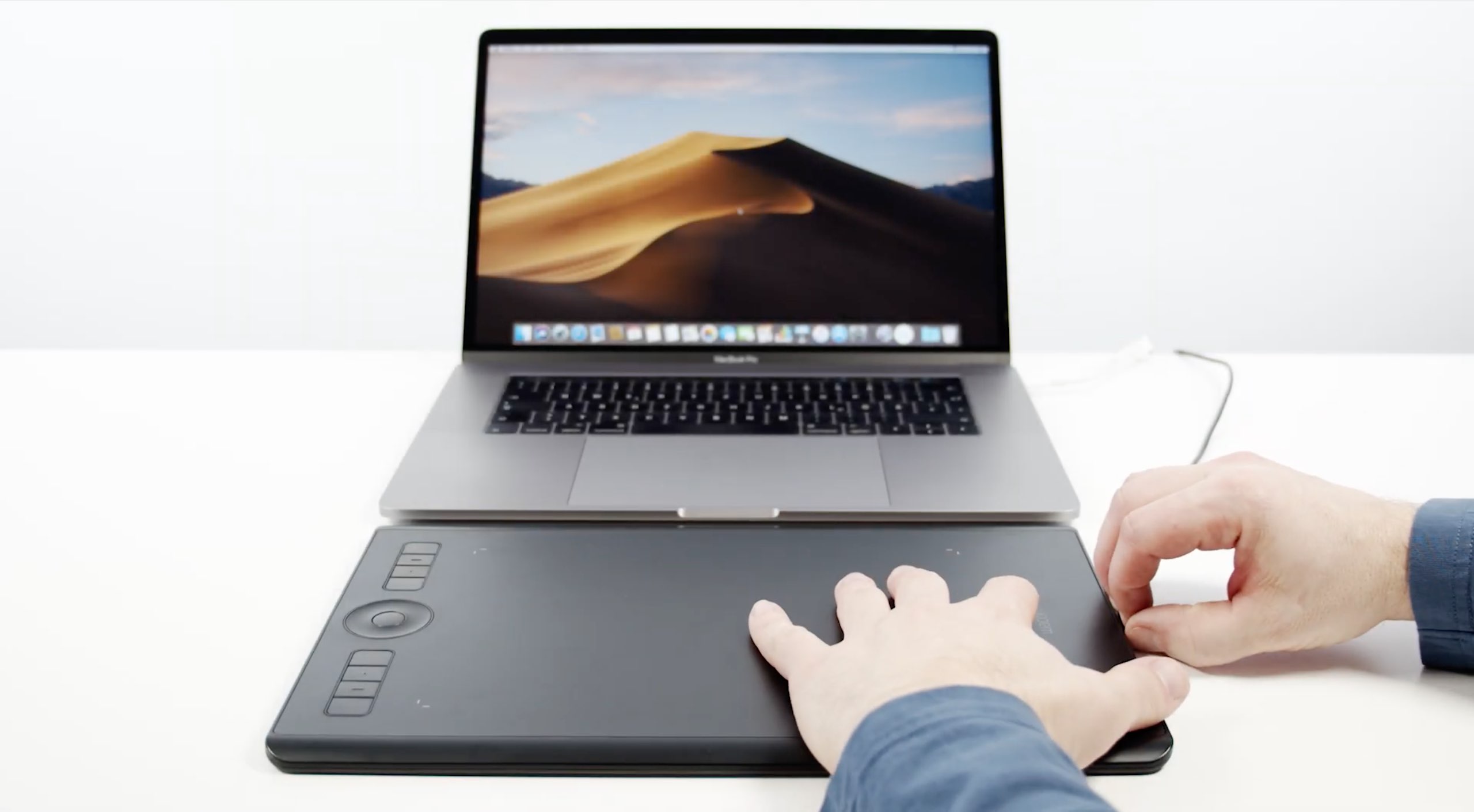
In response to last week’s findings by a software developer alleging that Wacom’s macOS drivers log every Mac app launched and upload the data to Google Analytics for further analysis, the graphics tablet maker yesterday issued a statement to AppleInsider apologizing for the practice and underscoring that no personal information was harvested from users.
A Wacom spokesperson told the publication:
We apologize for any confusion regarding data collection being done by the Wacom software driver and the unclarity about the actual information collected.
At no point did Wacom’s driver collect personal data on customers, the company said. The company acknowledges that its software driver for macOS collects a “sample of information” including the model number, hardware usage and the names of apps launched “for quality insurance and development purposes only”.
Any collected data is reportedly anonymized before being uploaded to Google Analytics for further analyst. As AppleInsider notes, the Google Analytics service does collect the IP address, but Wacom does not have access to that data.
Wacom does not collect your computer’s MAC address or serial number.
The company’s data harvesting is an optional part of the driver installation and limited to customers who’ve agreed to participate in the Wacom Experience Program. Problem is, data collection is performed without user consent and that’s what got Wacom into trouble.
From the AppleInsider article:
As for how the data is interpreted, Wacom’s development and customer care teams can ‘review across all aggregated users of a product,’ such as the most common function settings for pen buttons or the most frequently viewed tabs in Wacom apps.
‘We have no access to personal data,’ the statement says. ‘We cannot relate to any specific users as the data is anonymized and aggregated. We do not know who users are as individuals and cannot see what users are creating or doing in third-party software applications.’
Wacom then underlines the response by declaring it is ‘committed to protect the privacy of its users, partners and customers across all touch points.’
Developer Robert Heaton who first discovered Wacom’s data harvesting pointed out that the User Explorer tool in Google Analytics could be used to zoom in on a specific user’s activity.
Suppose that someone at Wacom ‘fingerprints’ a target person that they knew in real life by seeing that this person uses a very particular combination of applications. The Wacom employee then uses this fingerprint to find the person in the User Explorer tool. Finally the employee sees that their target also uses ‘LivingWith: Cancer Support.’
As The Loop’s Dave Mark commented, companies need to learn what “opt-in” means.
As for Wacom’s defense that it doesn’t collect any personally identifiable information, Robert claims the data collected includes “a string that presumably uniquely identifies me”.
To opt-out of Wacom’s tracking, launch the Wacom Desktop Center app, then disable the feature labeled with the text “Wacom Experience Program”.